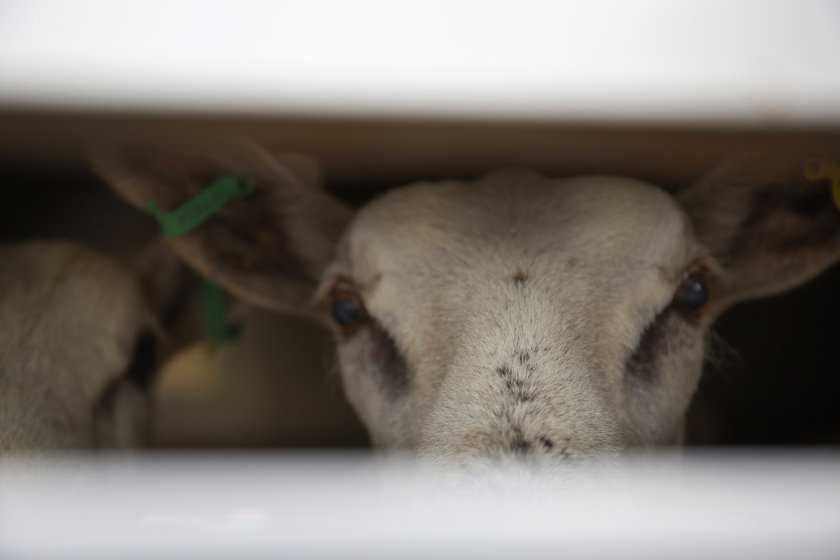
Legislation putting an end to the export of live animals for slaughter and fattening from Great Britain will now move to the House of Lords for further scrutiny.
The Animal Welfare (Livestock Exports) Bill delivers on a Conservative Party commitment to ban the export of live animals including cattle, sheep and pigs.
The government said animals should only be transported when necessary and, if possible, should not travel long distances to be slaughtered.
However, live exports in other specific circumstances, for example, for breeding and competitions, will still be allowed.
This is provided animals are transported in line with legal requirements aimed at protecting their welfare.
The bill, which passed through the House of Commons this week after clearing the committee stages, now moves to the House of Lords for further scrutiny.
Defra Secretary Steve Barclay said: “This Bill makes use of post-Brexit freedoms to strengthen these standards by preventing the export of live animals for slaughter and fattening, which we know causes animals unnecessary stress and injury.”
The legislation follows a 2020 consultation on ending live animal exports, in which 87% of respondents agreed that livestock should not be exported for slaughter and fattening.
But some farming groups have frequently warned that any significant regulatory changes to live exports could potentially have a major impact on the UK food supply chain.
The Farmers' Union of Wales (FUW) has said that a live export ban could 'cut off an essential lifeline' for sheep producers.
And the Ruminant Health & Welfare (RH&W) group – whose members represent the breadth of the supply chain – said Defra must take responsibility for the impact of the ban on businesses.
The move has, however, been welcomed by animal rights organisations, with the RSPCA calling for the bill to now make 'swift progress' in the Lords.
David Bowles, head of public affairs at the charity, said: "The RSPCA, other organisations and the public, have campaigned to see live exports banned for more than 50 years so to see this becoming a reality now is an incredible step forward for animal welfare.
“We agree with the UK government that this bill should be fast-tracked through parliament as finally bringing in a ban on this cruel and barbaric practice is a huge step forward for animal welfare.
"As much as we would love to see more species of animals added to ‘future-proof’ the law, right now it is critical nothing slows progress, in case parliament runs out of time ahead of a general election."
Elsewhere in the world, New Zealand banned live exports last year and Australia has committed to phasing out exports.
The last live export to leave the UK was on 31 December 2020.
